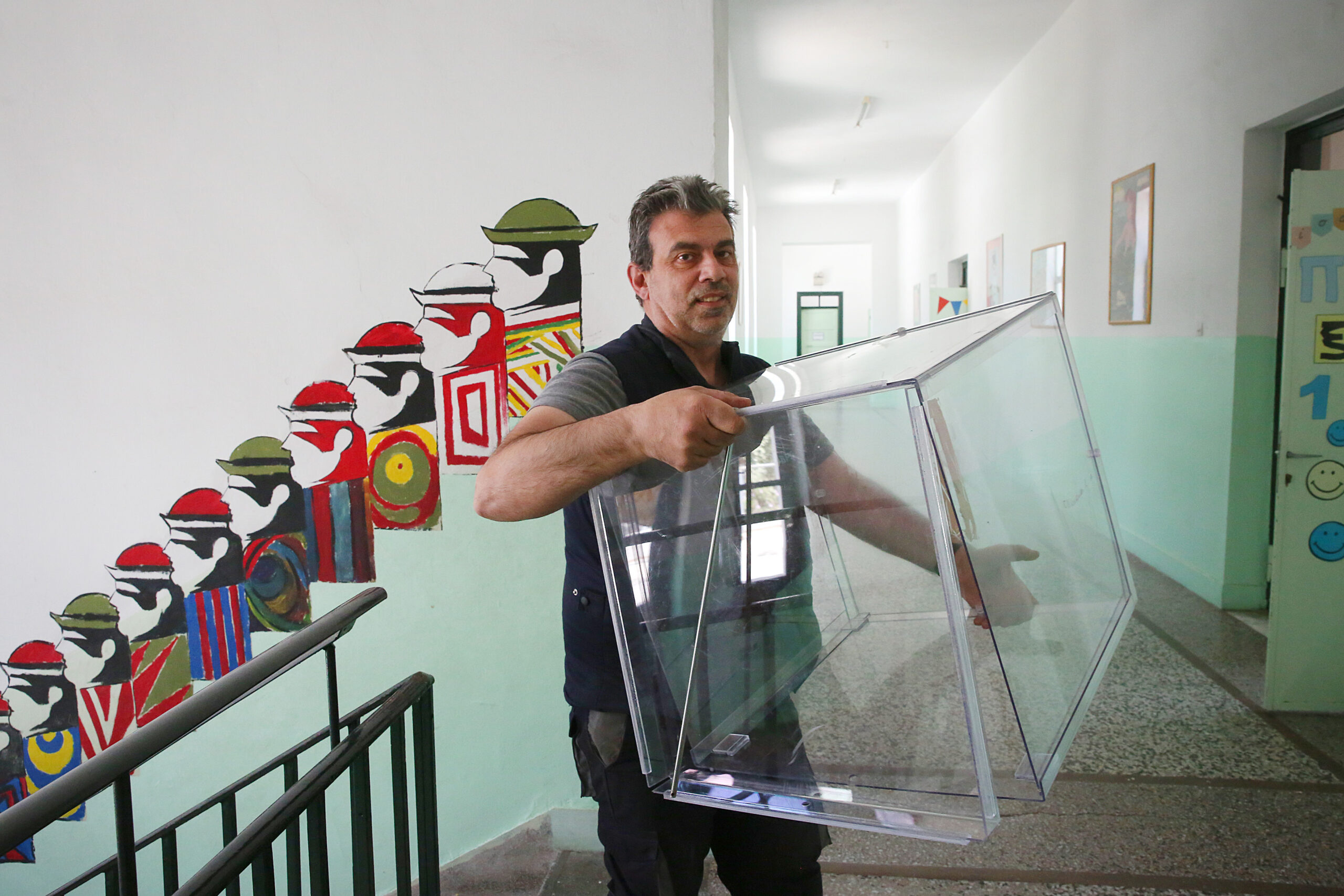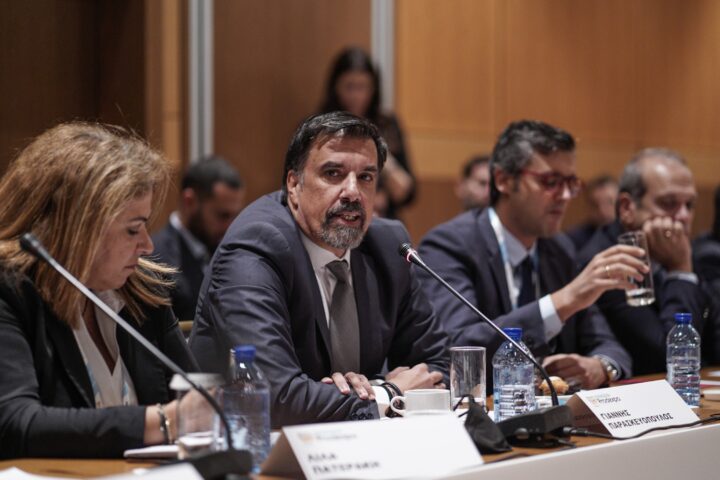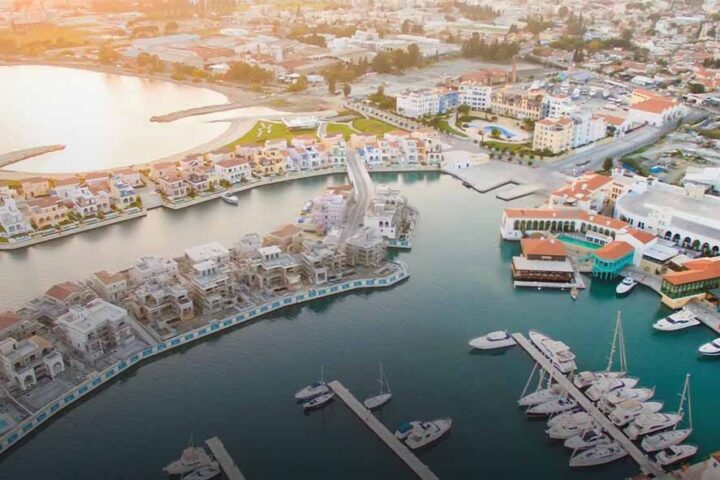As Greece heads for a general election on Sunday, the government’s management of the economy, the alternative paths of economic success, and promises of wellbeing by opposition parties are under scrutiny.
The government, headed by the New Democracy party, claims it has had four years of prudent management and relative economic success, despite the headwinds it faced from two major crises.
The first was the coronavirus pandemic between 2020-2021, and the second immediately after, with the energy crisis which started in the summer of 2021 and culminated a year following Russia’s invasion of Ukraine.
Attesting to the progress already achieved in managing public finances and spearheading economic development, despite the social problems faced, Greece’s sovereign credit rating outlook was upgraded to ‘positive’ last month by S&P Global Ratings, while Italy’s was kept at ‘stable’, highlighting the divergence of the two southern European economies.
S&P said its decision was based “on Greece’s recent progress in structural reforms, a surge in investment and its rapidly improving fiscal position”, making the country one of Europe’s fastest-growing economies.
Short of full-upgrade
However, this upgrade leaves Greece just short of a full upgrade at ‘BBB- ’, the rating agency’s lowest rating below investment grade.
Business leaders and the country’s central bank governor, Yiannis Stournaras, expect the upgrade after the May 21 elections, should the new government pledge to continue the reforms and maintain political stability.
According to senior banking executives, the return to investment grade will slash the government’s borrowing costs and “signal the greatest turnaround in the European financial system.”
According to the latest Eurostat data, Greece last year returned to a primary budget surplus of 0.1% of gross domestic product, excluding the cost of interest payments, after two years of deficits.
The challenge for the government, which will emerge from Sunday’s elections, and most likely from a run-off election early in July, is to maintain the momentum of reforms and attract investment while adhering to fiscal discipline.
Since 2019, the government of Prime Minister Kyriakos Mitsotakis, the New Democracy leader, has overseen a pro-business and largely orthodox management of the economy.
Foreign direct investment and exports have grown strongly, with the economy growing 6.4% above its pre-pandemic level.
Despite the above positive signs, the truth is that Greece’s economy still lags seriously behind the EU norm.
Austerity measures
Painful austerity measures over the last decade or so have left their mark on a country that now has one of the highest rates of relative poverty in the EU.
Even after recently raising the minimum wage from €832 to €910 per month, it is still lower than it was 12 years ago, while the GNP – which shrank more than 25% during the crisis period – remains substantially below pre-crisis levels.
With inflation running high, many households feel the pressure from higher prices of food, energy and basic consumer goods.
As concerns over energy supplies grow, with the war in Ukraine now in its second year and fears looming over the stability of the global financial system, following the latest crisis in the US banking sector and weak euro economic performance, Greece’s new government will have to face a challenging environment.
It must compete hard against other European countries for investments and exports.
Above all, it will face a Herculean task in attracting high-grade investment projects, maintaining and expanding key infrastructure and reconstituting its collapsing public health system.
Costis Stambolis is a Financial Mirror correspondent based in Athens.










